Pixel 8 vs iPhone 14: Future versus past
We may earn a commission if you make a purchase from the links on this page.

Intro
The Pixel 8 is one of best phones you can cu
The Pixel 8 is finally here, and in the tight market for compact flagship phones, its smaller size and friendly price tag could potentially put it on the glory path. It's clear that Google is aiming to take down two of the most popular flagships on the market, the Samsung Galaxy S23 and the iPhone 14.
| Pixel 8 | iPhone 14 |
|---|---|
| Slightly bigger 6.2-inch screen | More compact 6.1-inch display |
| Tensor G3 chipset, not as fast as flagship chips from Qualcomm and Apple | Faster A15 Bionic chipset |
| Larger 4,575mAh battery and potentially better battery life | Smaller 3,279mAh battery |
| Comes with Android 14 out of the box | Different experience with iOS17 |
| Seven years of software updates, Gemini onboard | Five years of software support, no AI at this point |
| The Pixel 8 is $100 cheaper | More expensive at $799 |
Table of Contents:
Read more:
iPhone 15 Pro Max vs Google Pixel 8 Pro preview
Pixel 8 vs iPhone 15
Google Pixel 7a vs Pixel 8
Design and Size
Flat screens and pocket friendliness
Both the Pixel 8 and the iPhone 14 closely follow the design language of their predecessors. The iPhone 14 comes with the same flat aluminum sides as the 12 series brought to the smartphone world, and the same flat screen and flat glass back. The camera bump is also very similar to what we've seen so far in the last few generations.
The Pixel 8 also doesn't stray to much from the camera bar design idea. It's very similar to what the Pixel 6 series started a couple of years ago, with a long camera strip stretching across the phone, a slightly curved back, and a flat front.
Another big design difference lies in the available colors of both phones. You can find the color options for the Pixel 8 and iPhone 14 below:
Pixel 8 colors:
- Obsidian
- Hazel
- Rose
We have a dedicated piece about the Pixel 8 series hues, so you should check it out for more detail.
iPhone 14 colors:
- Yellow
- Purple
- Midnight
- Starlight
- Blue
- Product RED
If you want to know more about the available iPhone 14 colors, check out our article.
Display Differences
My refresh rate is faster than your refresh rate
The Pixel 8 and iPhone 14 displays are very similar in size (6.2 inches vs 6.1 inches, respectively), but they differ in one very important metric: refresh rate. The Pixel 8 features a fast and smooth 120 Hz refresh rate on its 6.2-inch OLED display , while Apple just refuses to give the vanilla iPhone the much needed and long overdue ProMotion treatment. So, the iPhone 14 is stuck in the past with a meager 60 Hz refresh rate on its display.
The new Actua Display in the Pixel 8 also comes with up to 2,000 nits of peak brightness, which should make it brighter than the iPhone 14, at least on a bright and sunny day. If you take a look at our display tests below, it's clear that we have a winner in the display wars. It's the Pixel 8! When it comes to brightness the Pixel 8 obliterates the iPhone 14, and when you add up the variable refresh rate, it's a done deal.
Display Measurements:
When it comes to biometrics, things haven't changed much through the generations. The iPhone 14 still relies on Face ID, and the Pixel 8 retains the under-display fingerprint scanner, although there is a face recognition feature, that is not as secure as the one found on the iPhone.
Performance and Software
Tensor G3 vs A15 Bionic
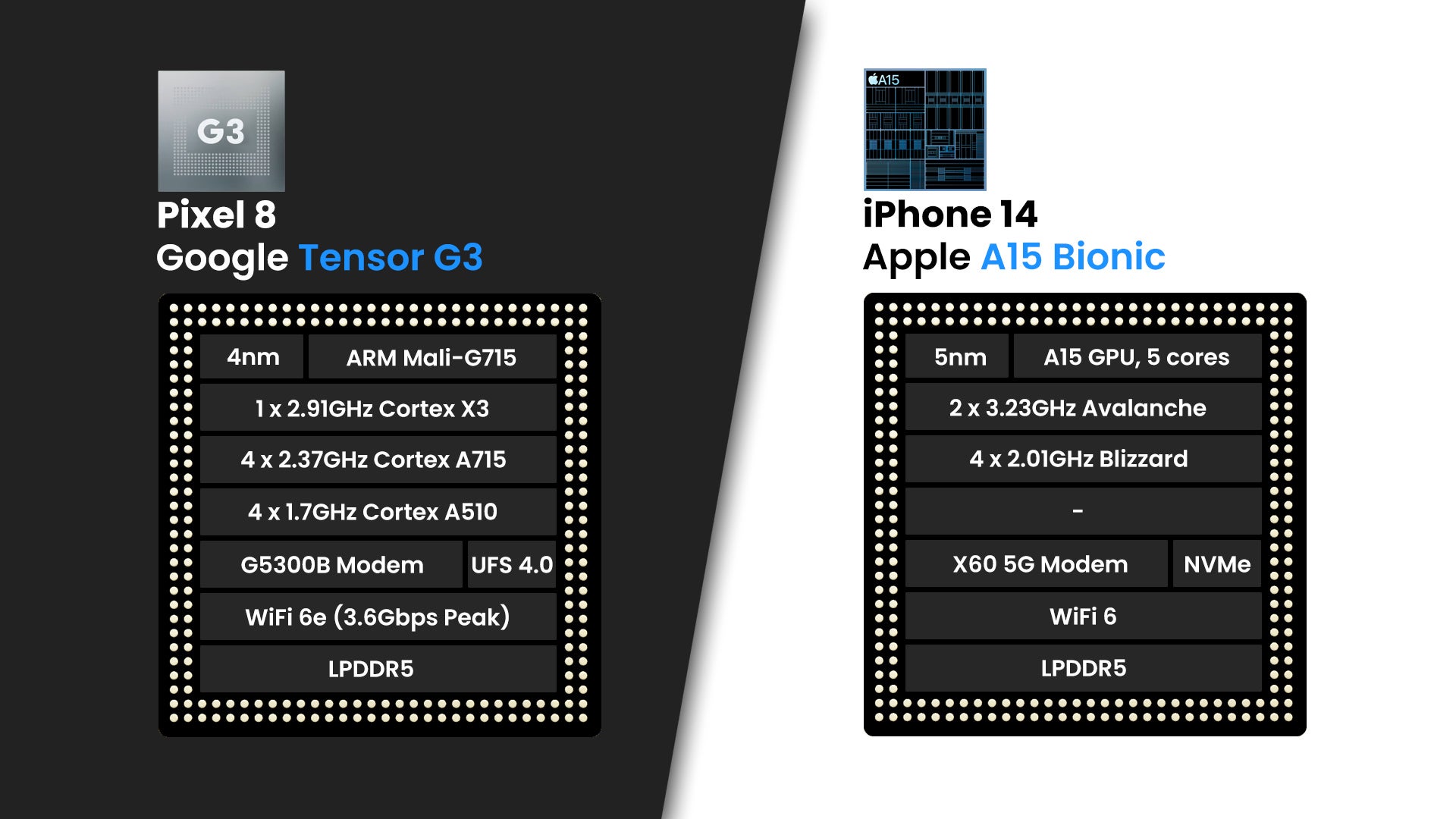
When it comes to performance, things are radically different on paper, mainly due to the different hardware architectures and the different ways Android and iOS handle apps and resources. At the end of the day, though, performance should be smooth and very similar; after all, these are flagship phones.
Performance Benchmarks:
The software situation is similarly different (what a strange phrase). The Pixel 8 ships with Android 14 out of the box, and you can check out our preview for more information, while the iPhone 14 is upgradable to the new iOS 17. We have an iOS 17 review as well, so be sure to check that one too.
The iPhone 14 comes with five years of major OS updates, but the Pixel 8 actually manages to topple that. Google promises seven (you've heard right!) years of major OS and security updates, taking the Pixel 8 all the way to Android 21! Way to go, Google!
Camera
A dual-camera affair
The iPhone 14 is a known entity, so we'll start with it. The phone features a dual camera system on its back; it is the conventional wide-ultrawide pair, featuring a 12MP sensor on both, with differences in aperture and focal length. You can check out our detailed iPhone 14 camera piece for a deep dive.
The Pixel 8, on the other hand, comes with a big 50MP main sensor (1/1.31" under a lens with f/1.68 aperture), and a 12MP ultrawide. Whether or not the difference in megapixels would translate into different image quality, is too early to tell. We will have a detailed camera comparison once the Pixel 8 falls into our hands, so stay tuned for that.
The selfie camera on the iPhone 14 is a 12 MP shooter. You can check out some samples in our review. The Pixel 8 gets a 10.5-megapixel front camera, but we don't know whether or not this will result in better or worse selfies and portraits.
Battery Life and Charging
USB-C vs Lightning
The iPhone 14 is the last generation of Apple phones to sport the proprietary Lightning port. Regulatory bodies are mandating the adoption of the USB-C standard, and the next iPhones are saying goodbye to the Lightning. Speaking of which, the iPhone 14 caps at 20W wired and 15W wireless.
The iPhone 14 comes equipped with a 3,279 mAh battery, while the Pixel 8 gets a bigger cell at 4,575 mAh, but once again, this doesn't automatically mean a better battery life. Both phones support wireless charging, and if you decide to buy the Pixel Stand, you'll be able to charge the Pixel 8 with up to 18W.
PhoneArena Battery Test Results:
Our battery tests are done, and indeed the bigger battery inside the Pixel 8 transformed into better battery life, compared to the iPhone 14. We're looking at one hour of extra video streaming and a couple of minutes more web surfing. We're doing the gaming tests again to get rid of some discrepancies, so stay tuned for those as well, but all in all, the Pixel 8 beats the iPhone 14 when it comes to stamina. Who would've thought!?
Specs Comparison
| Specs | iPhone 14 | Pixel 8 |
|---|---|---|
| Dimensions | 5.78 x 2.81 x 0.31 inches (146.7 x 71.5 x 7.80 mm) | 5.93 x 2.79 x 0.35 inches (150.5 x 70.8 x 8.9 mm) |
| Weight | 172 grams | 187 grams |
| Screen | 6.1-inch, 60Hz | 6.17-inch, 60-120Hz |
| Processor | Apple A15 Bionic | Google Tensor G3 |
| RAM, Storage and Price | 6GB, 128GB, $799 | 8GB, 128GB, $699 |
| Cameras | Wide: 12MP Ultra-wide: 12MP | 50MP wide 12MP ultrawide |
| Battery Size | 3,279 mAh | 4,575 mAh |
| Charging Speeds | 20W wired 15W wireless | 27W wired 18W wireless |
Summary
Which one is better, then? That's a tough question to answer. The iPhone 14 is still new, and even though it will be replaced by the upcoming iPhone 15 series soon, we don't expect a major price drop, beside the usual $100 off. This means you'll have to cough up around $700 to get one.
The Pixel 8, on the other hand, is the newest Google phone and it comes with a bunch of new hardware and software features, including the Tensor G3 chipset. The price of the Pixel 8 has risen slightly to $699 and this makes things even more complicated.
So, at the end of the day, it depends on the ecosystem. If you're deeply into the Apple one, you should probably stick with it and choose the iPhone 14. If you're coming from an Android background, the Pixel 8 could offer some familiar experiences with sprinkles of new features, both hardware and software.
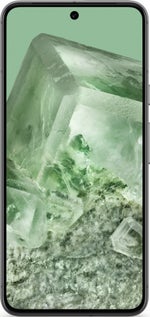



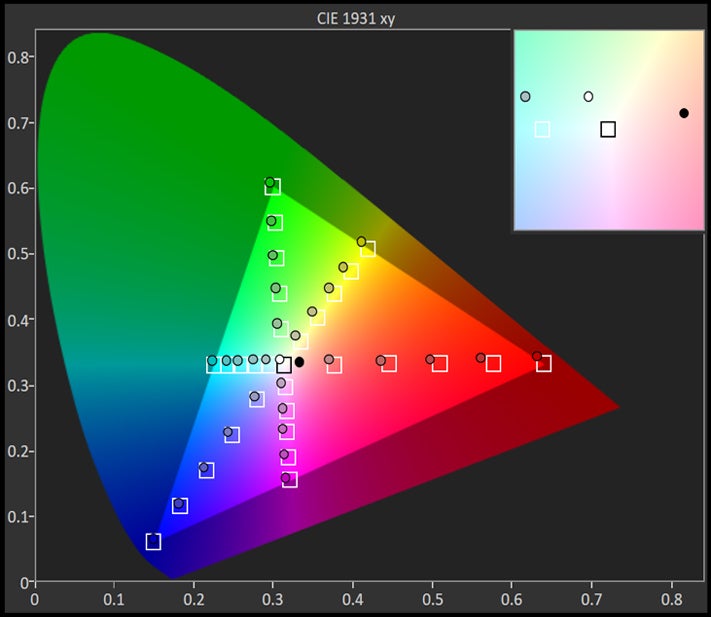






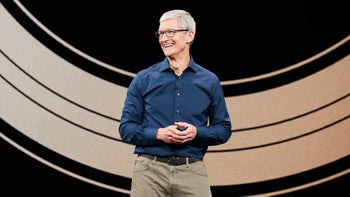
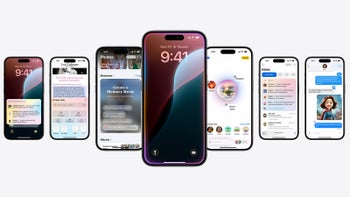
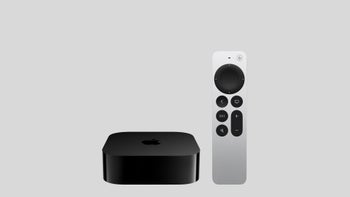
![iPhone users on AT&T left without service after massive outage [UPDATED]](https://m-cdn.phonearena.com/images/article/161893-wide-two_350/iPhone-users-on-AT-T-left-without-service-after-massive-outage-UPDATED.jpg)
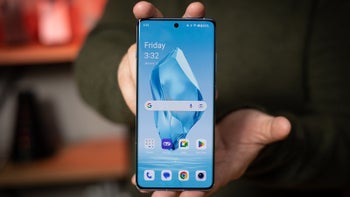
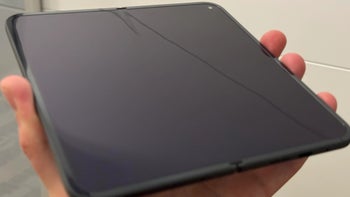
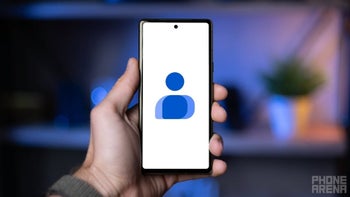
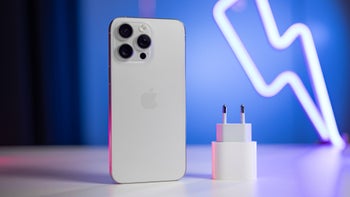
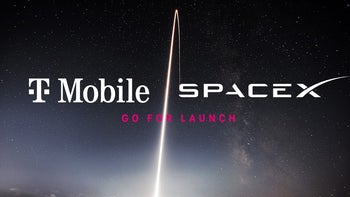
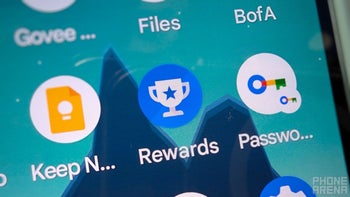
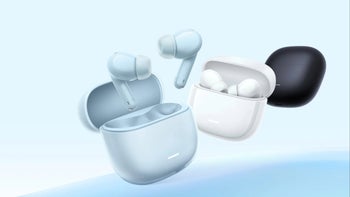







Things that are NOT allowed: